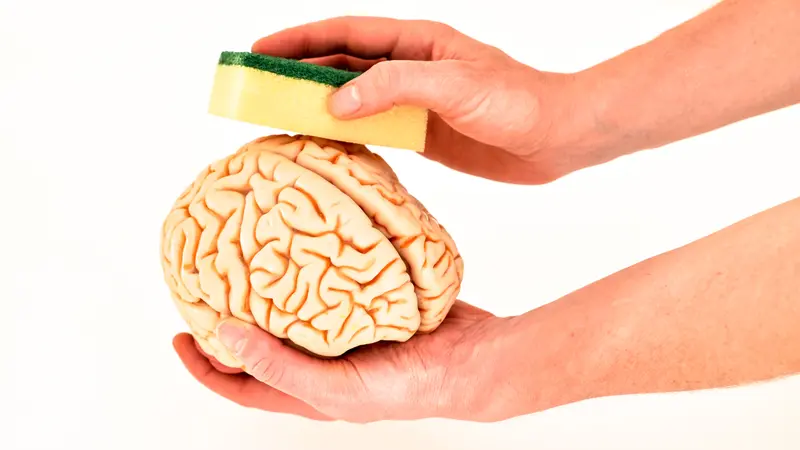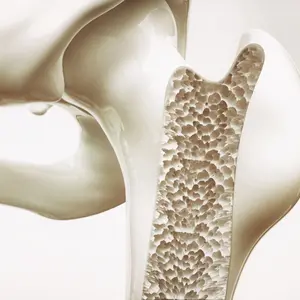

Chronic Conditions and Diseases

Chronic Conditions and Diseases
The Importance of “Brainwashing” and Tips for Better Sleep
Did you know that when you’re sleeping, your brain cleans or washes itself? While you’re asleep, your brain is working hard performing some critical functions that are necessary to keep it operating at optimal levels. “Brainwashing” is one of these functions, when the brain eliminates cellular debris and toxins that build up during the day (i.e., taking out the neural trash), consolidates learning and memory, and prepares for the next day. A 2019 study from Boston University showed this process in action, capturing images of cerebrospinal fluid washing in and out of the brain during sleep.
Getting “brainwashed” is critical for overall health and well-being, including immune system health, appetite control, and neurotransmitter production. Sleep issues can disrupt this critical process, contributing to problems with mental health and cognitive functioning.
Sleep Problems and Mental Illness
Unfortunately, the American Sleep Association estimates 50—70 million Americans have a form of sleep disorder, with one-third of the population experiencing occasional insomnia and 10% of Americans suffering from chronic insomnia. Among those with mental health disorders, Harvard Health Publishing reports 50—80% of psychiatric patients with a chronic sleep problem. In fact, there is a strong connection between sleep problems and mental health; according to statistics from the National Alliance on Mental Illness, insomnia is tied to stress, anxiety, or depression over 50% of the time.
Some of the psychiatric conditions closely related to sleep issues include:
- Depression: One study showed about 75% of depressed patients have insomnia symptoms.
- Bipolar disorder: Research published in Nature and Science of Sleep indicates that sleep disturbances are present during all stages of bipolar disorder, with 69—99% of people with bipolar disorder experiencing insomnia or feel a reduced need for sleep during manic episodes.
- Anxiety: More than 50% of those with anxiety say they have trouble sleeping, according to a Harvard Health Publishing article.
- ADD/ADHD: Children with ADHD are more likely to experience sleep disorders, according to a systematic review.
Sleep Problems and Cognitive Function
There is a bidirectional relationship with sleep and mental health. Generally, a night of sleeplessness can:
- Make you feel angry, irritable, sad, or stressed
- Lower your ability to concentrate
- Impair your judgement.
Over time, sleep problems can lead to higher risk of depression, ADHD, panic attacks, brain fog, and memory problems. There is also a suggested bidirectional relationship between sleep and Alzheimer’s disease, according to a 2014 study.
10 Tips for Better Sleep and a Healthier Brain
To promote and make sleep a priority in your life, try the following strategies and stick with ones that are most effective for you.
- Make sure your bedroom is cool, dark, and quiet.
- Don’t allow pets in your bedroom (or at least keep them off the bed).
- Address emotional problems before going to sleep.
- For worriers, spend 10—15 minutes before bed to journal or pray about any nagging concerns.
- Set a regular sleep schedule and stick to it, even on weekends.
- Read a book (but not an e-reader or tablet, as the light keeps your brain alert).
- Play soothing nature sounds, wind chimes, a fan, or soft music.
- Drink a cup of warm, unsweetened almond milk before bed. Add a teaspoon of real vanilla extract and a few drops of stevia, and the combination may increase serotonin in your brain and help you sleep.
- Use lavender, as the smell can decrease anxiety and improve mood and sleep.
- Take nutraceuticals that help with sleep, such as GABA, melatonin, magnesium, and 5-HTP.
REFERENCES
Amen Clinics. (2022, February 15). Is your brain performing this critical process while you’re sleeping? https://www.amenclinics.com/blog/is-your-brain-performing-this-critical-process-while-youre-sleeping/?


 By
By







